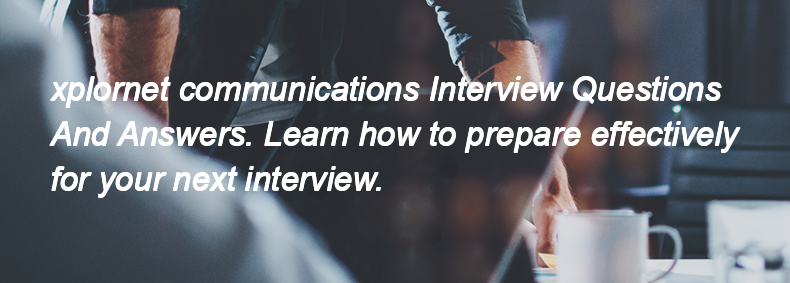Ques:- How do you ensure your work remains consistent despite frequent changes in deadlines or expectations
Asked In :-
AnAr Solutions, Protege Solutions, Aranca (Mumbai), Codiant Software Technologies, Solitaire Infosys, FIS Global Business Solutions India, ISKPRO, Enovate IT Outsourcing, SmartData Enterprises, Razorpay-Startup,
Right Answer:
I prioritize tasks based on urgency and importance, maintain clear communication with my team and stakeholders, and stay flexible by adjusting my plans as needed. I also set personal milestones to track progress and ensure quality remains high despite changes.
I prioritize tasks based on urgency and importance, maintain clear communication with my team and stakeholders, and stay flexible by adjusting my plans as needed. I also set personal milestones to track progress and ensure quality remains high despite changes.

